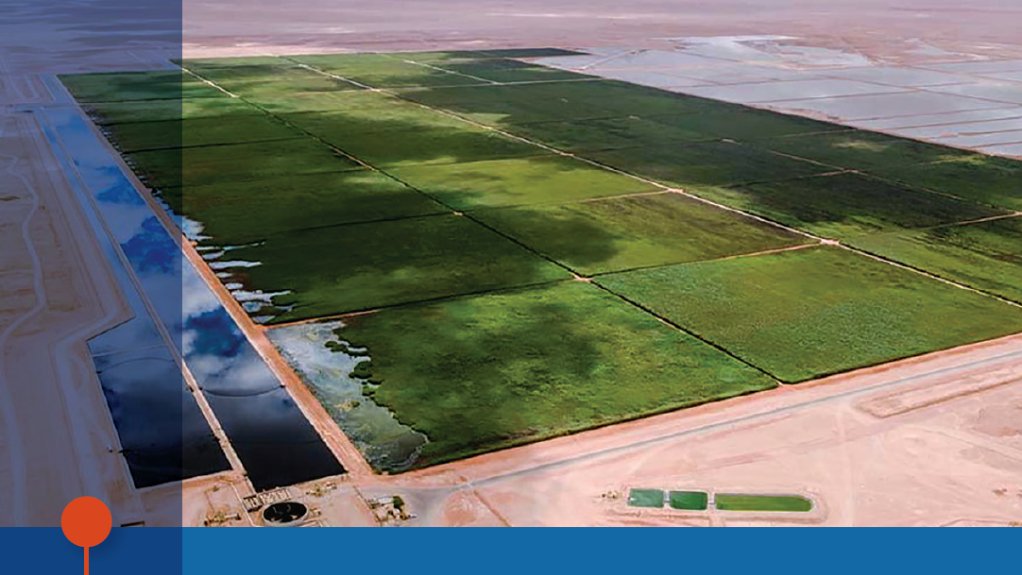- Water Management in Oil and Gas Operations: Industry Practice and Policy Guidelines for Developing Countries8.04 MB
Steadily increasing demand for water poses a threat to sustainable development, and an increasing number of regions are chronically short of water. Putting caps on water consumption, increasing water use efficiencies, and supporting improved sharing of water resources are now critical to reducing the perils posed by water scarcity to biodiversity and human welfare.
Although freshwater demand in oil and gas operations is a small fraction of global water demand, oil and gas fields are commonly clustered in smaller areas, where their operations often dominate freshwater abstraction and wastewater discharge. At the same time, oil production generates large amounts of produced water that may be used to reduce freshwater abstraction and possibly serve beneficial purposes outside the petroleum sector. In the most advanced countries, regulation promotes the sound use of freshwater in the oil and gas industry and incentivizes the reuse or beneficial use of treated produced water.
Regulation is also used to prevent the contamination of freshwater resources from the disposal of unproperly treated produced water. In many developing and emerging economies, however, regulation to prevent water contamination is often lacking or nonexistent or, when present, is poorly enforced. Optimal policy and regulation of the use of freshwater and the reuse of water generated by oil and gas operations depend on a range of geographic, geological, technical, and economic factors.
This book identifies common policy principles organized around key regulatory functions and critical links of the oil and gas value chain. This report offers practical solutions to guide policy makers and regulators seeking to minimize the environmental impacts of oil and gas operations, to promote sustainable cross-sectoral economic linkages, and to reduce competition and potential conflicts over access to and use of water resources.
Report by the World Bank Group
EMAIL THIS ARTICLE SAVE THIS ARTICLE ARTICLE ENQUIRY
To subscribe email subscriptions@creamermedia.co.za or click here
To advertise email advertising@creamermedia.co.za or click here











